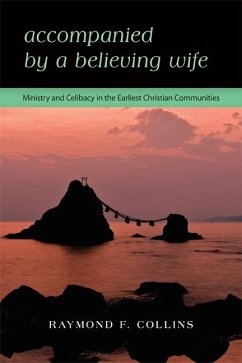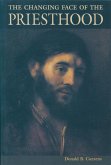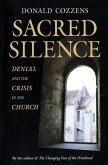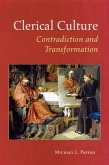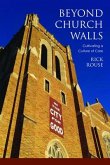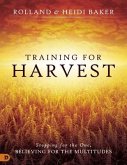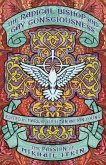What light does the New Testament shed on the practice of celibacy for the sake of the kingdom? In his newest work, renowned Scripture scholar Raymond F. Collins turns his attention to the question, which of course has important implications for the church in our own day. Though the answer is not a simple one, and it does not necessarily translate automatically into clear contemporary ecclesial policy, it still serves as an important foundation for discussion. Collins gives careful consideration of the methodology to be used in approaching the question and to important aspects of the sociocultural context of first-century Palestine within which the New Testament took form. He then explores what Jesus said to the disciples, several disciples own status as married men, and Pauls teaching and personal example on marriage. Raymond Collins has served the church through his thoughtful and scholarly exegetical work for decades. This latest work of his will long be counted among his best.
Hinweis: Dieser Artikel kann nur an eine deutsche Lieferadresse ausgeliefert werden.
Hinweis: Dieser Artikel kann nur an eine deutsche Lieferadresse ausgeliefert werden.

